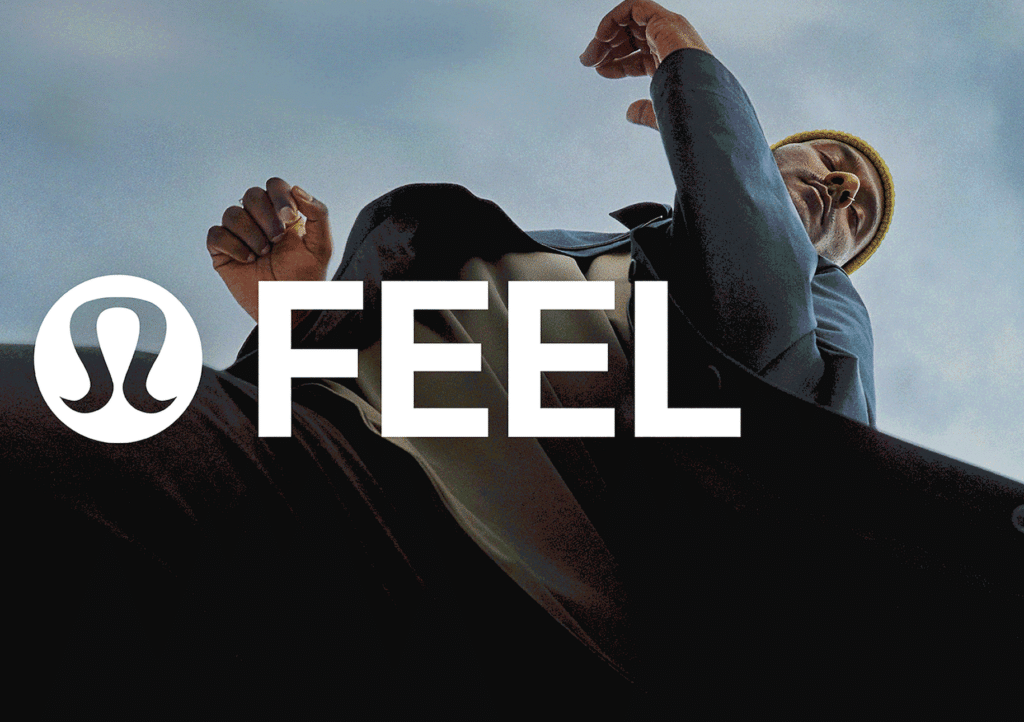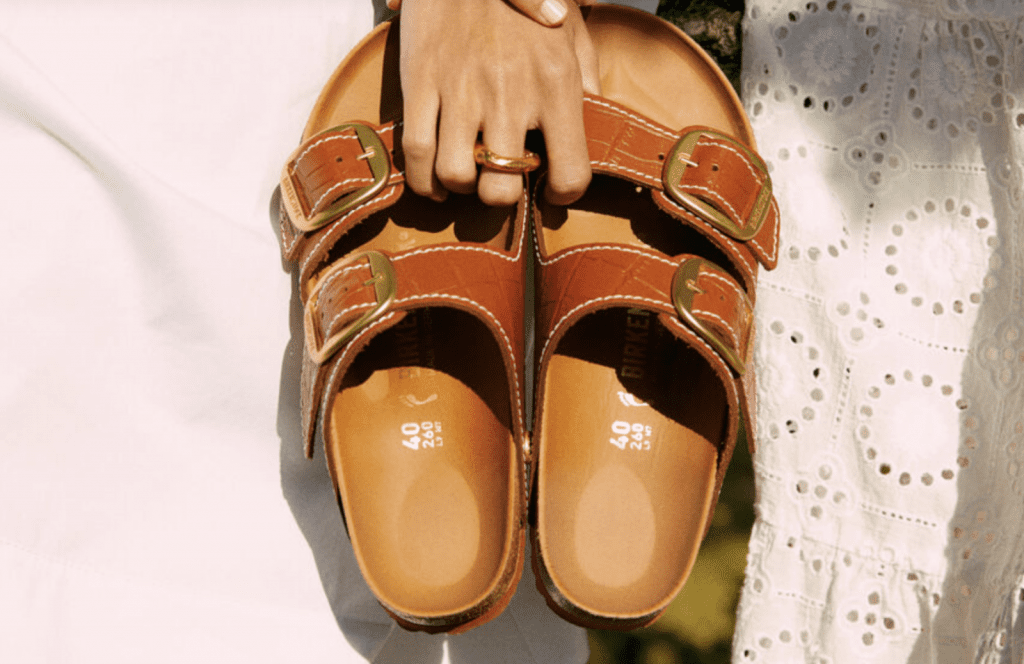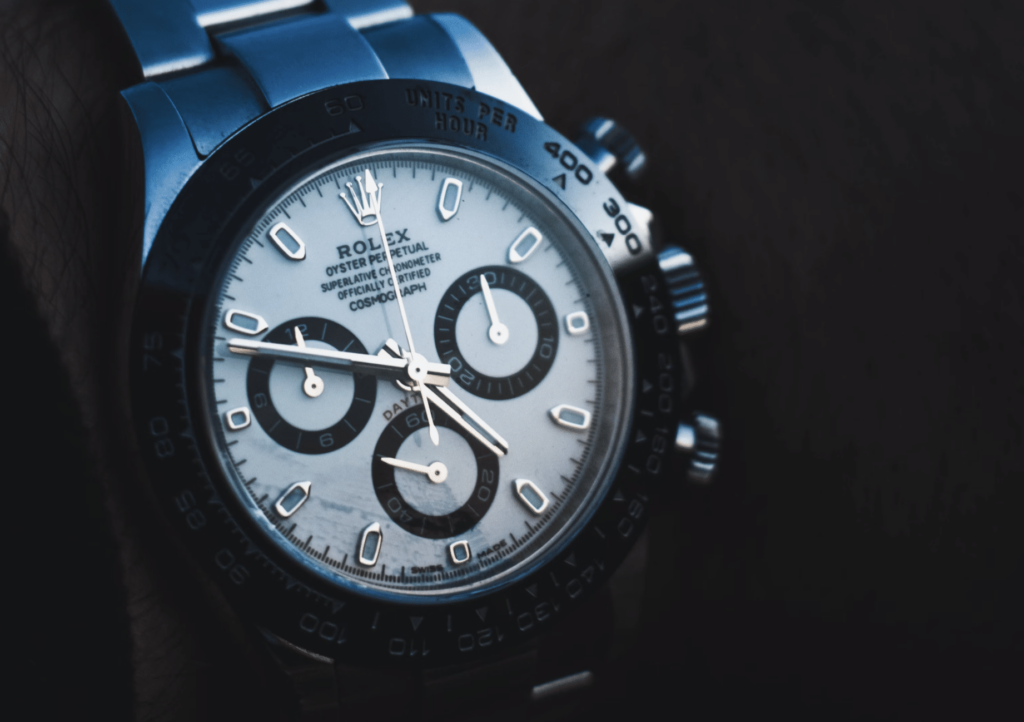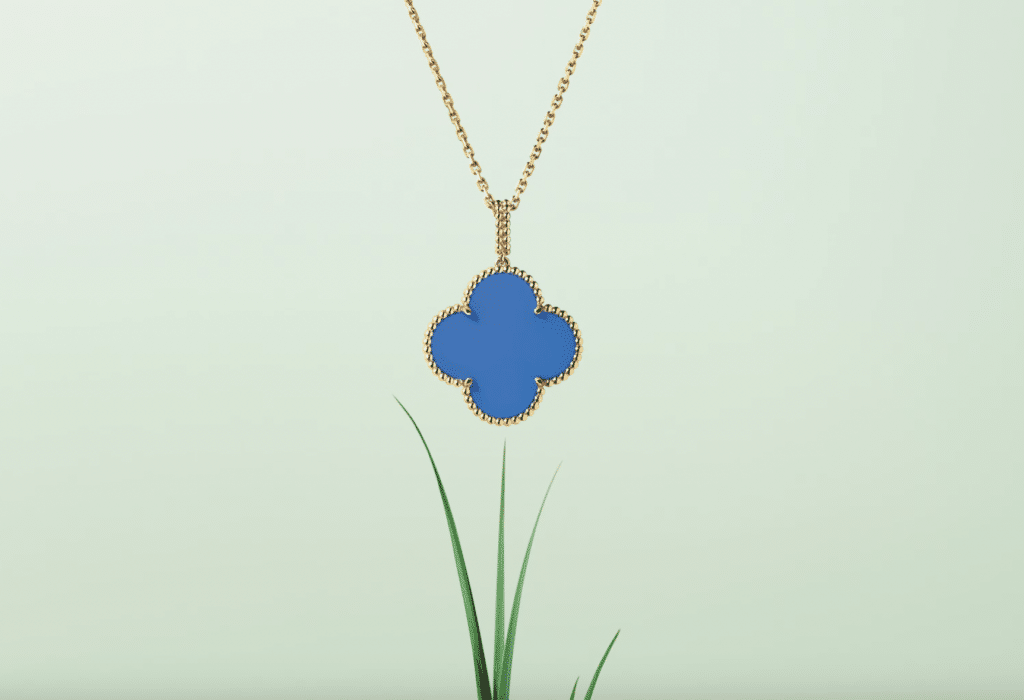A new little logo appears on various e-commerce retailers’ websites – from Sephora and Ulta to Bloomingdale’s and Macy’s. In recent months, this black-and-white badge has popped up alongside the aforementioned retailers’ fragrance and cosmetics offerings, declaring that they are authorized retailers of Chanel products. The circular branding, which is emblazoned with the words “CHANEL Authorized Retailer,” appears to be a budding effort by Chanel to make it clear to consumers who is – and maybe more importantly, who is not – authorized to offer up its goods at retail, presumably as Chanel endeavors to further solidify its distribution network and cement its position in the upper echelon of the luxury goods segment.
Amid the roll out of the little retailer badges, France-founded, London-based Chanel has lodged trademark applications for registration for use of the logo – in connection with “retail store services featuring fragrances, cosmetics and non-medicated skincare products” – with the trademark offices in the U.S., France, Denmark, Germany, Singapore, and Indonesia, among other countries. Chanel revealed in connection with the application for registration that it filed with the U.S. Patent and Trademark Office (“USPTO”), for instance, that its use of the authorization-centric design is relatively new: It only began using the mark in commerce in August 2024.
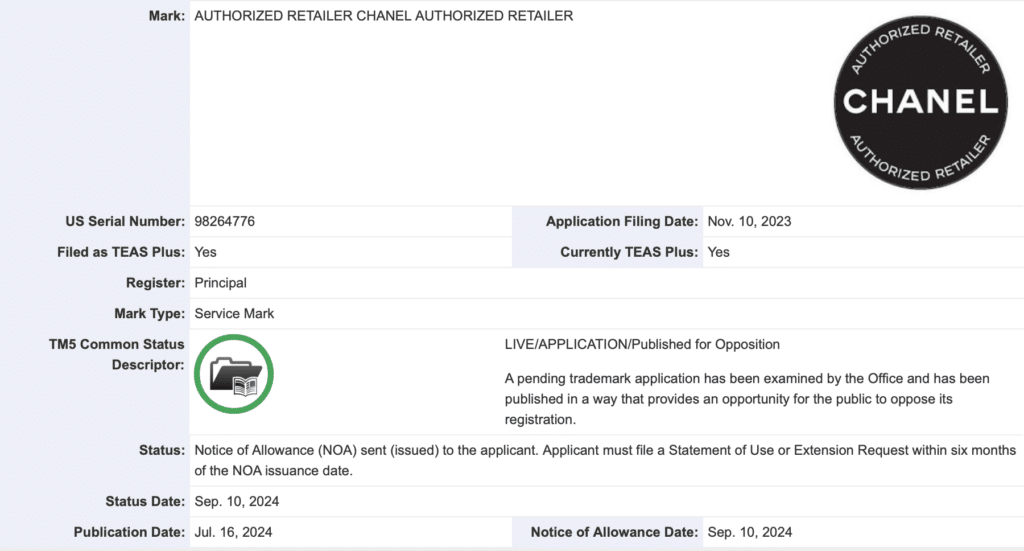
> The use of the authorized retailer badges is, as of now, limited to fragrance and cosmetics retailers. While third-party retailers in the U.S., such as Saks, Nordstrom, and Sunglass Hut, stock Chanel eyewear, they only do so in-store; no Chanel eyewear is available by way of their e-commerce sites. The same goes for Chanel-branded jewelry and watches, which are also among the types of products that are offered up by Chanel, as well as third-party stockists. (Note: Chanel’s apparel, footwear, handbags, and other leather goods are exclusively sold by the company, itself.)
> Chanel’s U.S. application for registration got the greenlight from the USPTO in September via a notice of allowance; the luxury goods company has since lodged a statement of use and specimen, meaning that a registration is likely to follow soon.
The underlying Chanel logo and the trademark applications are not earth-shattering on their own. What is interesting is that Chanel appears to be on its own when it comes to branding authorized third-party retailers as such. For instance, other luxury brands, such as Gucci, Armani, Dior, Hermès, Prada, Givenchy, and Yves Saint Laurent, similarly offer up their wares via similar retailers as Chanel, and do not make use of any equivalent “authorized retailer” branding.

As for why Chanel is an outlier in this sense, it is worth noting that unlike most other similarly-situated companies, Chanel’s cosmetics and fragrances are manufactured and marketed in-house as opposed to by one of the big licensees like Coty, Inter Parfums, Puig, etc. The other big stand-out here is Dior, whose beauty and fragrances are handled by the brand.
But in-house operations are likely not the driving force behind Chanel’s strict control of its distribution channels; in fact, in-house operations are a result of Chanel’s desire to maintain close dominion over its offerings. More realistically, the introduction of the “CHANEL Authorized Retailer” buttons probably stems from the rampancy with which others are looking to tap into the appeal of – and demand for – Chanel products as indicated by no shortage of enforcement efforts waged by Chanel. In one such case, for instance, Chanel successfully alleged that a retailer was engaging in trademark infringement as a result of its sale of fragrance samples bearing Chanel’s marks without its authorization.
Before that, the company filed suit against an unaffiliated reseller for offering up hundreds of fragrance and beauty products bearing Chanel’s trademarks. And these are just two examples on a long list of actions waged by Chanel over others’ sales of its products without authorization and in many instances, in conditions that differ from those maintained by Chanel, the brand has consistently argued.
Against that background and in light of enduring activities by Chanel to reinforce its position at the top of the luxury goods market, including reported quotas on certain goods, price increases, and the introduction of new-ish warranty terms and repair/restoration services, the Authorized Retailer devices are almost certainly the company’s newest effort to enforce its luxury standing and protect the goodwill of its brand. It will be interesting to see if other companies follow suit with authorized retailer-specific branding of their own.








